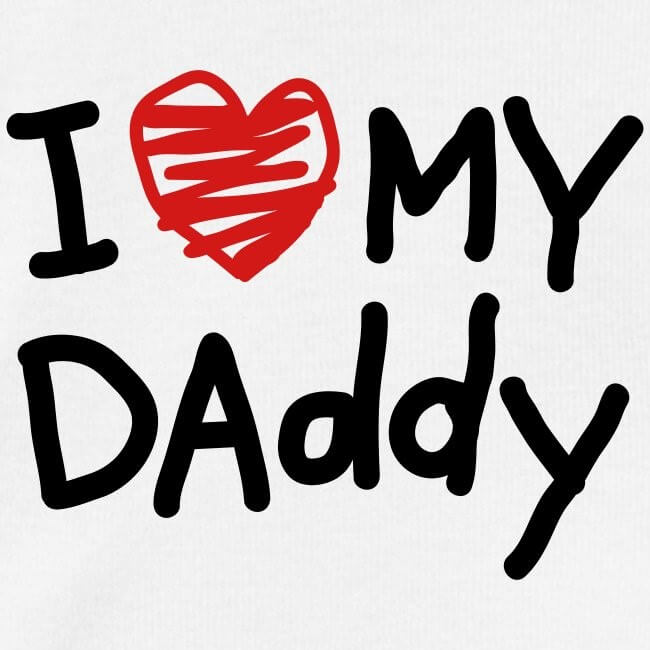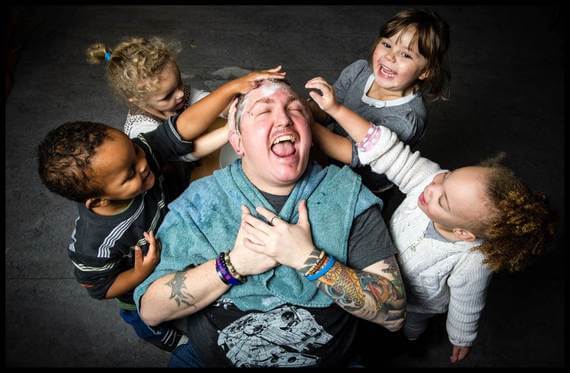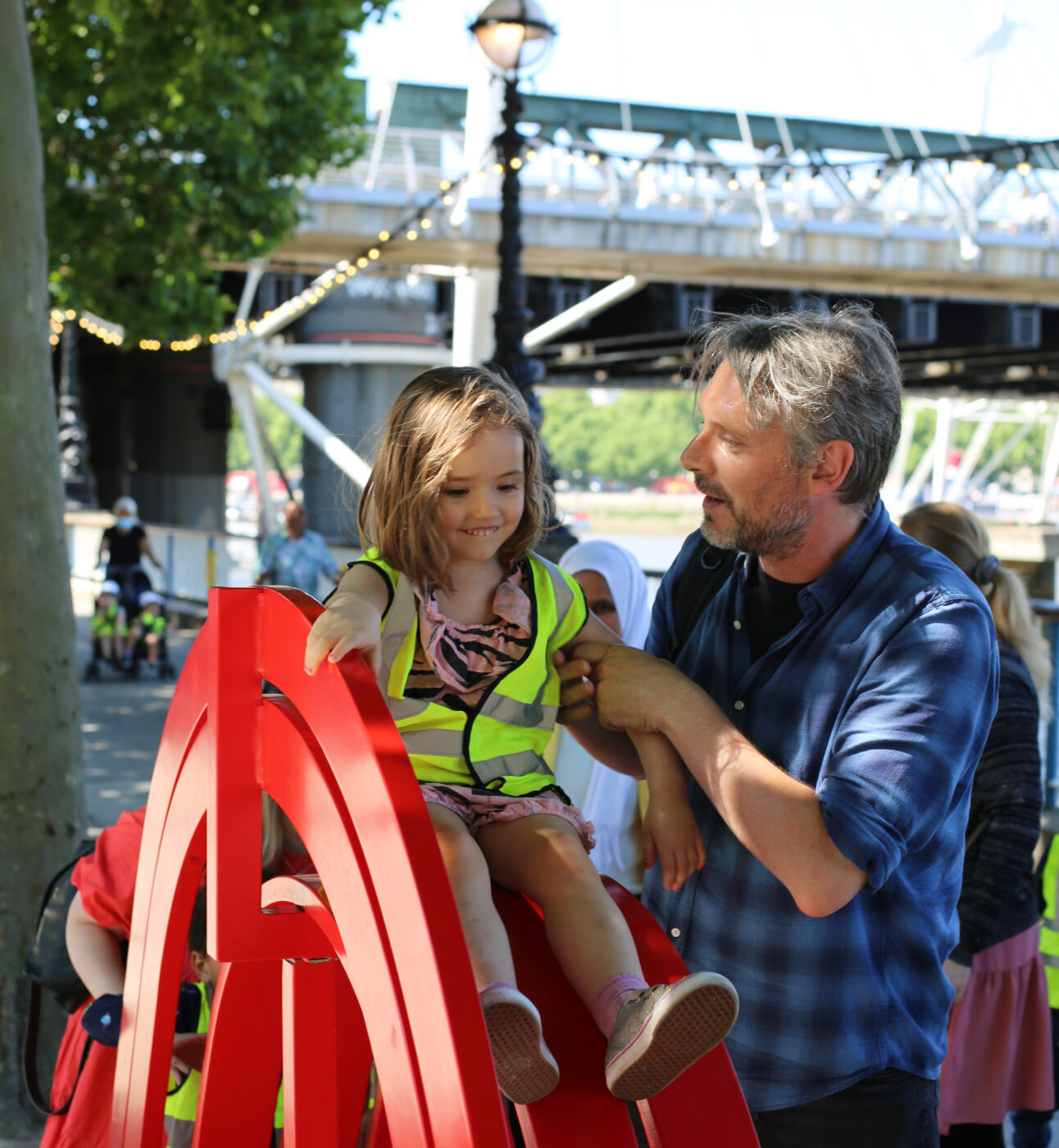
Any man can be a father, but let’s celebrate the importance of Dads!
“Any man can be a father but it takes someone special to be a Dad.” – Anne Geddes I recently wrote a book with the wonderful Alice Sharpe to celebrate…
June 14th 2018
“Any man can be a father but it takes someone special to be a Dad.” — Anne Geddes
Dads matter and so says the research and me because I have a lovely Dad! In fact, I think it’s so important that I am writing a book to help staff engage with Dads with my great friend Alice Sharp.
We did our research and found many reasons to celebrate their importance and why we should nurture their relationships with their children whether they live with their children or are father to the 23% of children who live in lone families. Relationships within married couples are more positive when the father is more engaged with the children.
Children with two supportive parents score higher on language development are more sociable and stable have better educational attainment and are less likely to be involved with the police than those with one or no supportive parents. Dads bring a different perspectives and expectations to women and children on a range of issues. Watch this and give that Dad a prize or a curly wurly!
As we learn more about Dads, we are finding that those who take a week or more off to spend with their new born are closer to their child at every stage of the child’s life, right up into young adulthood. This may be related to the recent findings that men have a paternal hormonal response to becoming fathers, including increased oxytocin, oestrogen, prolactin and glucocorticoids, which creates a natural protectiveness toward the baby and is strengthened the more time they spend holding their newborn babies. It begs the question of supporting paternal leave including shared paternal leave, something we are piloting at LEYF at the moment.
Sensitive, affectionate, supportive involvement from Dads from the month following the birth of their child onward is connected with a range of positive outcomes in babies and toddlers. This includes cognitive, social and language development, better performance in school, stronger psychological wellbeing and lower levels of delinquency and children are less likely to take drugs (Rosenberg et al 2006).
However, Harewood et al (2016) found that when fathers were highly stressed parents it had a harmful effect on their toddlers’ cognitive and language development as well as longer term negative impact on their children’s social skills and self-control. This was more evident in boys.
According to Campbell & von Stauffenberg (2008) toddlers with involved fathers start school with higher levels of academic readiness. They are more patient and handled the stresses and frustrations associated with schooling more readily than children with less involved fathers. Girls who have good relationships with their fathers tend to do better in maths, and boys who have actively involved fathers tend to have better grades and perform better on achievement tests.
The frequency of Dads reading to children is consistently associated with their emergent literacy outcomes and a greater interest in books later in life. Dads singing a lullaby, telling a story or repeating funny rhymes enrich children not least because of the different intonation accents and speech sounds. Whether it is film and television programmes, books or activities Dads can open up wider opportunities, extend language and contribute to deeper conversations whether about building, cars or sport. This is also relevant for children becoming young mathematicians. Dads who take note of their children’s interests are powerful catalysts for mathematical enquiry and provide a strong starting point to support and extend their mathematical thinking. This is particularly relevant for boys because sadly research continues to confirm what we found as far back as 2009 that boys do less well than girls in maths especially in the area of calculation and mathematical language.
Children also benefit from other men in the family taking a supportive interest in their learning. Granddads, uncles, big brothers and cousins can help enrich a child’s learning opportunities. So, at LEYF, in order to capitalise on this we have invited Dads, Uncles and Grandads to a BBQ at South Bermondsey in return for helping us tidy the garden and clean out the spider infested shed. Other nurseries have involved Dads in cooking, DIY, model making and reading activities. These activities all matter, and they bring smiles to staff and children.
So Happy Father’s Day to all those Dads. Party on and improve your Dad Dancing.

“Any man can be a father but it takes someone special to be a Dad.” – Anne Geddes I recently wrote a book with the wonderful Alice Sharpe to celebrate…

Every year we have the LEYF annual debate, named in honour of Margaret Horn, student of Octavia Hill and the first paid director of what was then a local…

Ordinary People Doing Extraordinary Things Podcast Series For International Men’s Day on the 19th November 2012, I invited as many men as I could find…